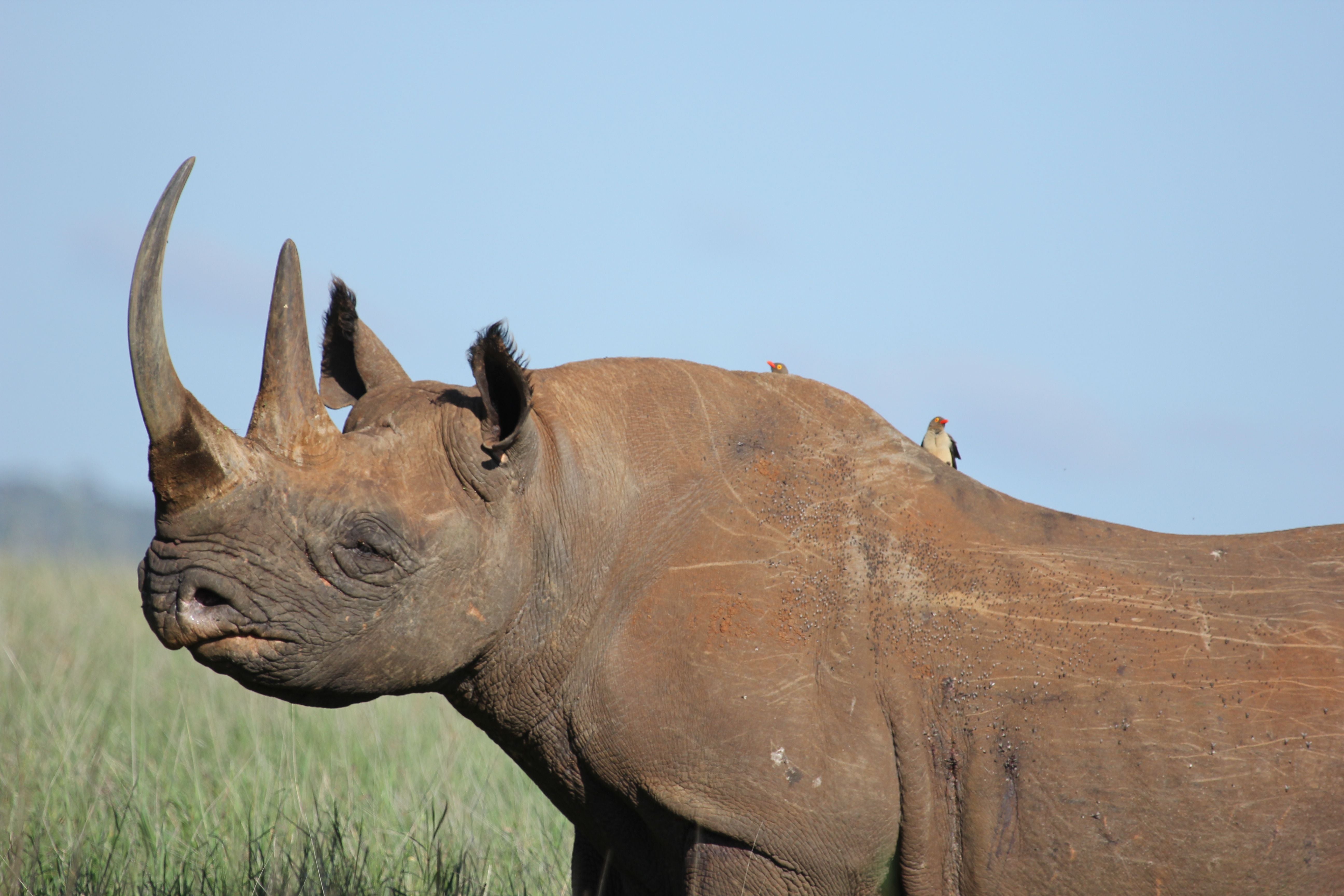The Independent's journalism is supported by our readers. When you purchase through links on our site, we may earn commission.
We must work together to avert climate crisis and protect biodiversity
The pressure is on to deliver meaningful change on climate, biodiversity and nature, says Dominic Jermey, Director General of ZSL

Your support helps us to tell the story
From reproductive rights to climate change to Big Tech, The Independent is on the ground when the story is developing. Whether it's investigating the financials of Elon Musk's pro-Trump PAC or producing our latest documentary, 'The A Word', which shines a light on the American women fighting for reproductive rights, we know how important it is to parse out the facts from the messaging.
At such a critical moment in US history, we need reporters on the ground. Your donation allows us to keep sending journalists to speak to both sides of the story.
The Independent is trusted by Americans across the entire political spectrum. And unlike many other quality news outlets, we choose not to lock Americans out of our reporting and analysis with paywalls. We believe quality journalism should be available to everyone, paid for by those who can afford it.
Your support makes all the difference.World leaders and environment advocates billed 2020 a “super year for nature”, with multiple global conferences lined up to chart a course for a better future, averting the climate crisis and protecting biodiversity over the next decade.
2020 was never going to live up to this weight of expectation. But, oh how different it turned out to be. Instead of building for the future, global resource and political attention got diverted to firefighting coronavirus, a direct result of the imbalance between people and nature.
At a macro level, amidst terrible suffering for many, the development of safe, affordable vaccines in record-breaking time was a triumph. This showed what the world is capable of when necessity forces us to unite behind a shared cause and lean into the science. Imagine if we brought that to biodiversity and climate change.
I believe we can. I take heart from the global fascination with wildlife returning to urban locations during lockdowns. These high-profile stories re-tweeted around the world - some true, some fake (sorry, no dolphins living in Venice’s Grand Canal) demonstrate people’s appetite for nature to recover. We want to feel - despite the mess we have made of the planet – that nature is powerful enough to stage a comeback.
Nobody wanted this pandemic. The climate emergency, and the collapse in the world’s biodiversity, mean delaying the “super year” just by 12 months comes at a fearsome price. But perhaps our shared experience of the last year means we go into this super-year a little bit wiser – knowing the world can tackle impossible challenges when the pressure is on, and with some partial recognition that the responsibility for our predicament comes from our own actions.
Quite how bad a predicament is becoming clear. This UN’s Secretary General spelt it out as a “code red for humanity” when he introduced this month’s IPCC report on climate change. Not just for humanity – take a look at the rest of the planet’s inhabitants. The latest Living Planet Index tracks a harrowing 68% decline in the size of the planet’s wildlife populations since 1970.
There are multiple factors behind this collapse of biodiversity. Climate change is one. Rampant loss of habitat for agriculture and other development is another. The growth of the illegal wildlife trade (IWT) is a third, driven by well-armed and resourced criminal gangs operating on an industrial scale. More than 100 million sharks are killed every year, mostly for their fins. 20,000 African elephants are slaughtered annually for their ivory. Around 1,000 rhinos are poached every year from South Africa alone.
The impact of IWT is extreme. Unsustainable exploitation of a species causes entire ecosystems to deteriorate or collapse, as an intricate web of networks become permanently broken. These ecosystems are vital to the long-term livelihoods of local communities. Wildlife traffickers, operating illegally and unsustainably in an industry worth up to $23bn a year, strip these communities of resources. These large, organised gangs profit unscrupulously from the misery and long-term hardship they cause both people and wildlife.
Habitat destruction and unsustainable exploitation are major drivers behind drastic declines of many species of plants and animals. Apart from the effect on the world’s biodiversity, these pressures have created optimum conditions for zoonotic spillover - when diseases jump from animals to humans as COVID-19 did.
At ZSL, our scientists and conservationists are busy preparing evidence for both the UNFCCC COP26 Summit and the Convention of Biological Diversity (CBD) COP15. We are calling on Governments to treat IWT as a serious organised crime, to allocate the right resources to confronting it, and to tackle the corruption and illicit financial flows associated with it.
The pressure is on for this super-year to deliver change on climate, biodiversity and nature. IWT needs to feature on this packed agenda while there is still time. Dolphins in the Grand Canal may have been fake news last year, but genuine wildlife recovery can still be within our grasp – that will be a wildlife story well worth sharing.
To find out more visit ZSL
Join our commenting forum
Join thought-provoking conversations, follow other Independent readers and see their replies
Comments